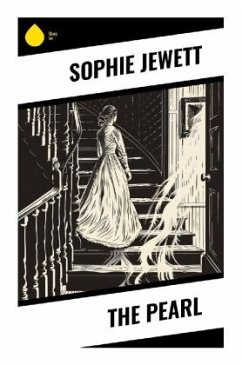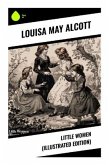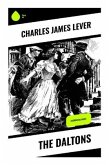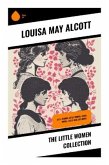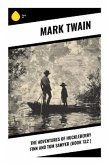In "The Pearl," Sophie Jewett intricately weaves a narrative that explores themes of desire, loss, and the duality of human nature. Set against the backdrop of a coastal town, the novel employs a lyrical and evocative literary style, rich in imagery and nuanced character development. Jewett's prose often reflects the emotional undercurrents of her characters, capturing the subtleties of their aspirations and the profound impact of their choices within the confines of societal expectations. Drawing from the literary context of early 20th-century American literature, the novel resonates with the influences of realism and romanticism, creating a tapestry of human experience. Sophie Jewett, an accomplished author and keen observer of human relationships, often drew inspiration from her own experiences and the coastal landscapes that surrounded her. Her background in poetry imbues "The Pearl" with a rhythmic quality, enhancing the story's emotional depth. Jewett's acute understanding of the societal constraints of her time, combined with her empathy for her characters, informs this poignant exploration of life's complexities and the search for authentic connection. This novel is a must-read for those who appreciate literary works that delve into the intricacies of human emotion and passion. Jewett's sensitive portrayal of her characters invites readers to reflect on their own desires and motivations, making "The Pearl" a timeless exploration of the human condition.
Bitte wählen Sie Ihr Anliegen aus.
Rechnungen
Retourenschein anfordern
Bestellstatus
Storno

